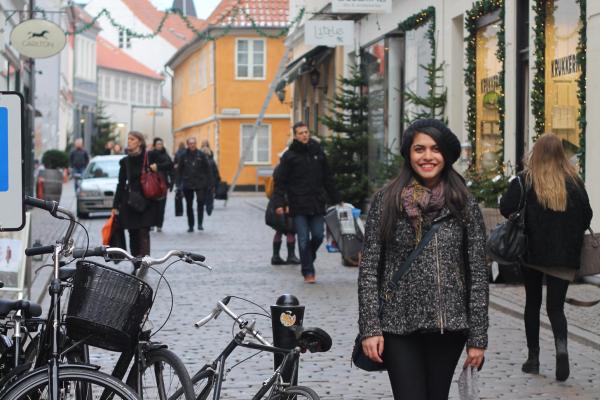When studying abroad, it’s certainly easier to be only friends with other international students, particularly those from a similar background. They are undergoing the same new experiences in a foreign country and can offer a sympathetic ear to culture shock. Many have embarked on this adventure solo, looking to expand their social network and have a great time during their exchange year.
Tempting as it may be to keep an eye out for the nearest compatriot (or closest nationality group) I believe that it is best to seek out people who are the most different from you. Studying in another country is the perfect opportunity to meet people from all over the world and to learn from each other. Better yet, try to make local friends to truly immerse yourself in the culture and language of your host country.
Among exchange students, having a local friend is a badge of honour, which shows your dedication to integrating into your new surroundings. While it’s not cool to treat anyone like collector’s item, it is worth it to leave your comfort zone to make at least one good local friend by seeking out opportunities to meet people outside the international student crowd.
One of the easiest ways to meet locals is to get to know your neighbours. Be friendly and spend quality time with your roommates. If you don’t know anyone, introduce yourself to everyone and do as many activities in the common space as possible. Even if you don’t speak the language, try to make a conversation. In both of my study abroad experiences, my floor mates have proven to be my strongest connection to my new country and where I gained a deeper understanding of the culture.
Tandem programs are another opportunity to meet new people. A tandem exchange is between two people who want to learn each other’s native language. Usually, the pair spends half the time conversing in each language to improve their fluency. This is an ideal scenario: you make a new friend, practice the local language and share your own culture. Often, there are advertisements for these programs on corkboards around campus.
If both tactics fail, try signing up for extracurricular events or classes—sports, arts, cooking—anything that doesn’t require fluency in the language. However, I suggest that you attend alone. While it is great to share experiences with your international circle, you will lessen your chances of meeting new friends with a big group around. Google and your university website are great tools to find these classes with special student discounts.





